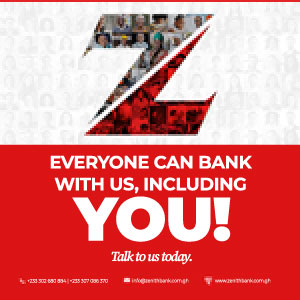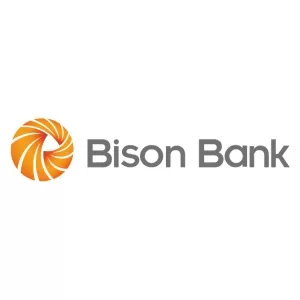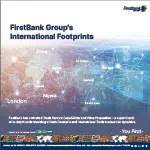Finance
6 Challenges SMBs Face in Managing Financial Records

Are you a small and medium-sized business owner? If so, then there are many things that you have to juggle. You need to make sure your employees can work efficiently, customers are happy, and everything is running smoothly.
Another task on the list is keeping track of financial records. There are six challenges that most SMBs face when it comes to managing their financial records, which we’ll guide you through below!
1) Globalization of Financial Records
When the records are in different locations and on various types of media, they can become difficult to track.
If a business does not have a plan for how it will keep its financial records organized or if employees do not follow that plan, then there is no way to ensure the business keeps accurate tax documents as well as files with all other types of financial information.
This can have consequences. For example, the IRS can slap penalties on a company if it cannot find tax records in its files when they are needed.
2) Integrating Automated Payroll Systems with Accounting Software
When employees are paid by an automated payroll system, the records generated need to be transferred into accounting software for bookkeeping. If this information is not updated in both places, then problems arise when it comes to taxes and filing other financial reports.
There needs to be a plan for getting these two systems synchronized with each other so that they share data. Otherwise, the financial information in each system will not match.
For instance, you can use ThePayStubs to generate paystubs for your employees and keep a digital copy of those paystubs on your payroll software.
3) Freelancers and Invoice Tracking
When a business works with freelancers or employees who work off-site, it needs to pay them and track invoices. If the invoicing process is not automated, then these actions can be time-consuming for bookkeepers or accountants.
If you are working with subcontractors on an ongoing basis and they want payment more than a couple of times a year, you need to set up a system for invoicing and payment.
You’ll need to first develop templates, to ensure uniformity. Not only can these templates save time when bookkeepers need to process invoices but they also provide an audit trail for the business and its accountants.
If there is ever any question about whether employees were paid correctly or if a payment is out of place, then the invoices and payments will be available to answer those questions.
The only way to keep track of all this information is through a system that captures data from different sources in real-time. This allows you to create financial reports when needed without having to do extra work or making mistakes like creating duplicate documents.
4) Managing Multiple Vendors
When a SMB has multiple vendors, it can be challenging to keep track of all the invoices and payments that need to be made. Unless those records are organized in one place with an automated system, then paying those bills and submitting them for reimbursement will slow down your business considerably.
You’ll want to set up accounts payable systems so that you can automate the process of submitting invoices for payment. This way, there is no need to check on when payments are due or try to track down vendors to pay them.
The best practice would be one where all your business’s expenses go through a single account payable system so that finance professionals know exactly how much money has already been spent and how much is left for other purposes.
By creating a single invoice system, you’ll get the best visibility into your business’s finances so that you can easily keep track of cash flow and plan accordingly.
5) The Sheer Volume of Documents That They Must Keep
The more employees that a business has, the more documents it needs to keep track. For example, if an HR person sets up new employee on-boarding forms and creates insurance cards for them with company logos printed on the back, they need somewhere safe to store those items.
If this information is not kept organized in one place so that bookkeepers can easily find it when needed, then time is wasted trying to locate the information. An HR management software system allows your employees to create new employee documents in one place and keep track of them until they need them again.
This way, there will never be a question about where important items like these are kept or even if an item was misplaced.
6) Missing out on Tax Deductions (As a Consequence of Poor Record Keeping)
Tax deductions can be costly if they are missed. Any time a business employee spends on work for the company, it can write off certain expenses and save money in taxes at year-end when tax season rolls around again.
However, this only works if bookkeepers or accountants know to claim them as such by tracking all of these items throughout the year. If they are not kept organized in one place, then it’s easy to miss out on tax deductions that can save the business money.




















































